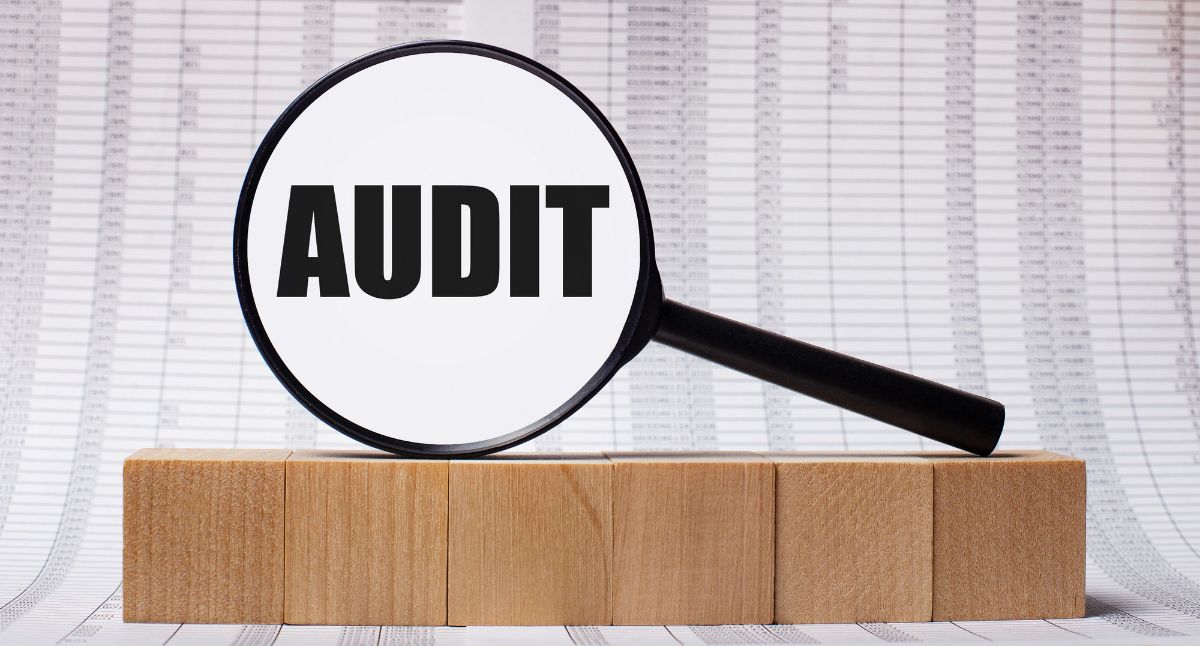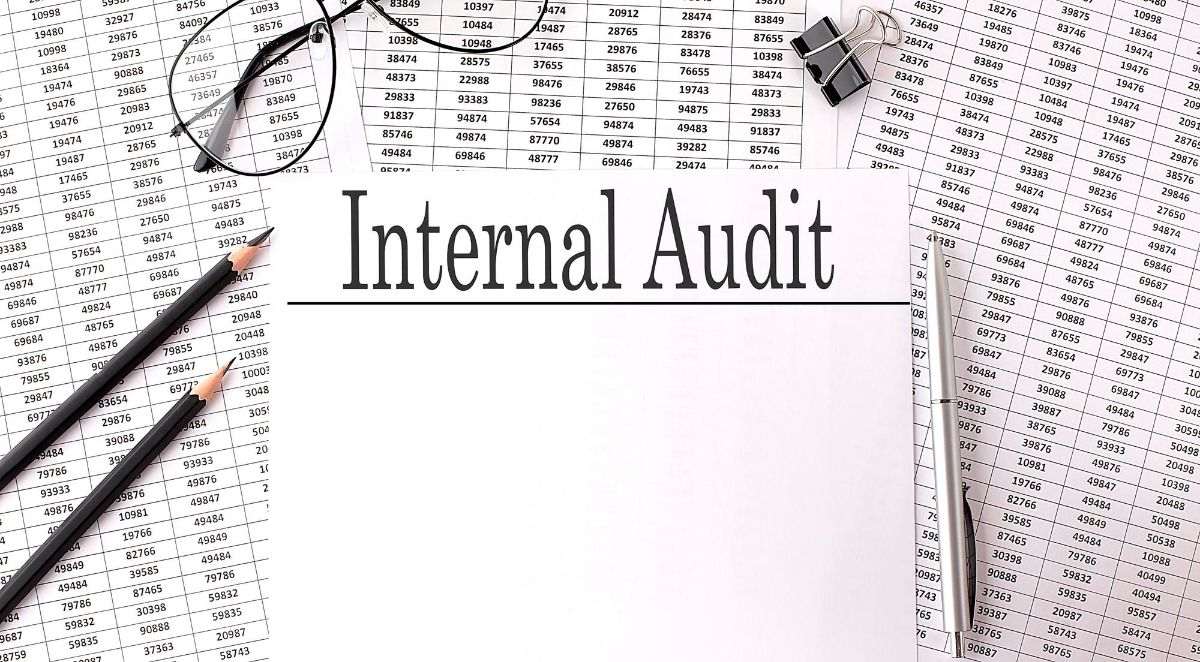Understanding the different types of audits is crucial for every business owner. It can impact financial statements, operational efficiencies, and compliance with various regulations. In this blog, we will dive into some of the most common audits that businesses might encounter, and offer a brief insight into each.
1. External Audits
What They Are
External audits are typically performed by independent auditors, accounting firms, or chartered accountants to verify a company’s financial statements. Their primary goal is to ensure that the financial statements provide a true and fair view of the company’s financial position. These audits are mandated by regulations in many jurisdictions and are a crucial element of corporate governance.
Importance for Business Owners
External audits provide confidence to shareholders, creditors, and other stakeholders that a company’s financial statements are accurate and adhere to accounting standards. Additionally, a positive external audit can enhance a company’s reputation in the market, making it easier to raise capital and attract investors.
2. Internal Audits
What They Are
Unlike external audits, internal audits focus on evaluating the company’s internal control systems and procedures. This can encompass financial processes, operational activities, and IT systems. Often conducted by a company’s own personnel or external professionals, these audits provide a granular look into the organization’s workings and its adherence to internal policies and standards.
Importance for Business Owners
Internal audits can identify weaknesses and areas of improvement within a company. They play a pivotal role in improving efficiencies, reducing risks, and ensuring the organization is on track to achieve its objectives. By acting on the findings of internal audits, business owners can proactively mitigate potential issues, streamline operations, and fortify their company’s overall resilience and growth potential.
3. RERA Audits
What They Are
Real Estate Regulatory Agency (RERA), Financial Audits and RERA Budget Reviews are designed to protect investors and owners of Jointly Owned properties to ensure that the service charges levied on them are duly reviewed and evaluated by a RERA-approved auditor. They ensure that community management companies and developers adhere to the guidelines set forth by the RERA. Introduced to bring transparency and accountability in the real estate sector, these audits scrutinize various facets of property / community operations, expenditure and inflows.
RERA audit services can include but are not limited to:
- Jointly Owned Property Annual Financial Audits and Interim Audits
- Escrow Account Audits
- Service Charge Budget Review
- Unit Balance verification
- Master Community Audit
- Special Levy Reviews
- Mollak Services
- Jointly Owned Property / Owners’ Association VAT Services
4. Sales/Revenue Audits
What They Are
Sales or revenue audits focus on verifying the accuracy of recorded sales or revenues of a business. They assess the authenticity of transactions, adherence to sales policies, and the proper recording of sales. Conducted either internally or by third parties, these audits delve into transaction records, invoices, and contracts to ensure that every revenue aspect is transparent and correctly documented.
Importance for Business Owners
Ensuring accurate recording of sales and revenues is vital for assessing the company’s financial health and for meeting tax obligations. Moreover, a rigorous sales or revenue audit can highlight inefficiencies in the sales process, potential revenue leakages, or areas prone to errors, allowing businesses to make informed adjustments and maximize profitability.
5. Forensic Audits and Investigations
What They Are
Forensic audits delve into a company’s financial statements to investigate potential fraud or misrepresentation. It’s auditors’ work that often combines accounting skills with investigative skills. Unlike standard audits that verify financial correctness, forensic audits are more probing, looking for hidden transactions, manipulated records, or any other signs of deceitful activities.
Importance for Business Owners
Forensic audits can uncover fraud or embezzlement that might otherwise go unnoticed. They can protect a company’s assets and reputation. By identifying and addressing such discrepancies early on, businesses can not only prevent financial losses but also demonstrate due diligence and commitment to ethical practices, fostering trust among stakeholders and the wider business community.
6. Special Purpose Audits
What They Are
These are audits conducted for a specific reason, perhaps not covered by the regular audits. For example, verifying the accuracy of a specific project’s expenses or investigating a particular department’s operations. Often initiated due to unique circumstances or at the request of specific stakeholders, these audits are tailored to address particular questions or concerns within an organization.
Importance for Business Owners
Special purpose audits can provide insights into particular areas of concern or interest for stakeholders, ensuring clarity and transparency in specialized areas. For business owners, these audits serve as a tool to demonstrate accountability in specific operations, address concerns head-on, and build confidence among partners, investors, and other key stakeholders by providing focused, clear, and detailed evaluations of targeted areas.
7. Liquidation Audits
What They Are
Liquidation audits take place when a company is winding up. They provide a clear account of the company’s assets and liabilities, ensuring that stakeholders, including creditors and shareholders, know what to expect during the liquidation process. This type of audit delves deep into the company’s financial records, contracts, and commitments to ensure nothing is overlooked or misrepresented.
Importance for Business Owners
A comprehensive liquidation audit ensures that all financial matters are settled appropriately during a company’s winding-up process, minimizing disputes and potential legal challenges. For business owners, a thorough liquidation audit can provide peace of mind, confirming that they’ve met all their financial obligations and can close the business without lingering liabilities. This thoroughness can also protect the business owner’s reputation and credibility in the long run.
8. IT Audits
What They Are
IT audits focus on evaluating an organization’s information systems. This includes assessing the design, implementation, and efficiency of IT controls, as well as the integrity and confidentiality of data. Going beyond just hardware and software, IT audits also consider processes, user access controls, and network security protocols, ensuring a holistic review of technological infrastructures.
Importance for Business Owners
With the increasing dependence on technology and rising cyber threats, ensuring the robustness of IT systems and data security is paramount. IT audits can identify vulnerabilities and suggest measures to bolster security. For business owners, these audits are not just about compliance but also about safeguarding their intellectual property, customer data, and operational continuity. A timely IT audit can preempt potential breaches, saving businesses from financial losses and reputational damages.
IT audits include but are not limited to:
- A complete assessment of your IT risks
- Audits of your IT systems, processes, and controls
- Enterprise Resource Planning (ERP) systems Audit
- Pre- and post-implementation audit reviews of your Enterprise Resource Planning (ERP) solutions
Comprehensive Auditing Services with JRB Chartered Accountants
At JRB Chartered Accountants, we understand the pivotal importance of external audits in today’s business landscape. Our diverse range of offerings, covering everything from rigorous external and internal audits to specialized IT audits and forensic audits, is carefully crafted to meet the specific needs of our clients across various audit domains. Teaming up with the right audit ally ensures you stride through the intricacies of the corporate realm with assurance and vision. Schedule your consultation today!
Recent Blogs
-

The Comprehensive Guide to Statutory Audits: From Basics to Practical Examples
-

Types of Audits: What Every Business Owner Should Know
-

Who Uses External Audits and Why? Insights for Business Owners
-

The Five Key Elements of an External Audit Process
-

Internal Audit vs. External Audit: Which is More Effective for Your Business?
-

The Importance and Purpose of External Audits in Business
-

Guidance on Economic Substance Reporting
-

Environmental, Social, and Governance (ESG)
-

Economic Substance Regulations (ESR)
-

Corporate Tax in UAE
-

Auditing in Dubai, UAE
-

Accounting in Dubai, UAE
Contact us to know more
Contact Us- Audit & Assurance Services
- Tax Services
- Accounting & Outsourcing
- Risk Advisory
- Compliance Services
- Corporate Advisory
- Technology Consulting
- Business Services

